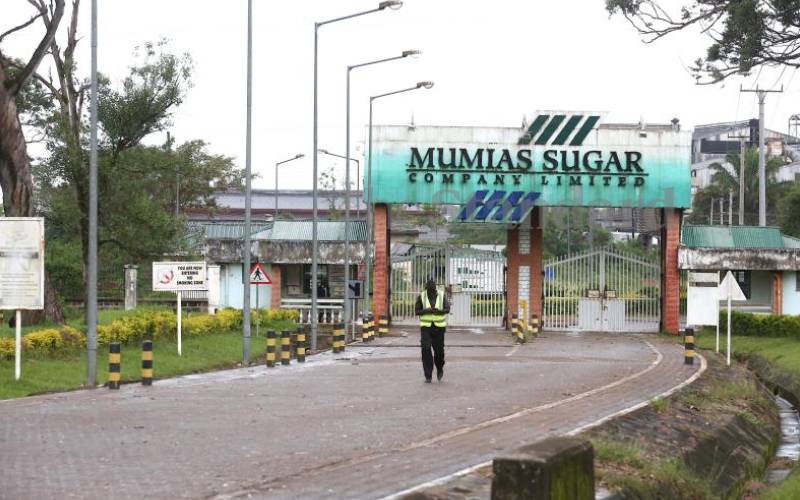×
The Standard e-Paper
Smart Minds Choose Us

In the run-up to the 2017 General Election, Mumias Sugar Company was set to receive Sh500 million from the National Treasury ahead of President Uhuru Kenyatta’s tour of the Western Kenya region.
And at the end of the election year that saw Kenyans go to the polls twice, another state-owned entity Uchumi Supermarkets had received Sh1.2 billion as part of the government’s plan to revive the ailing supermarket chain.







